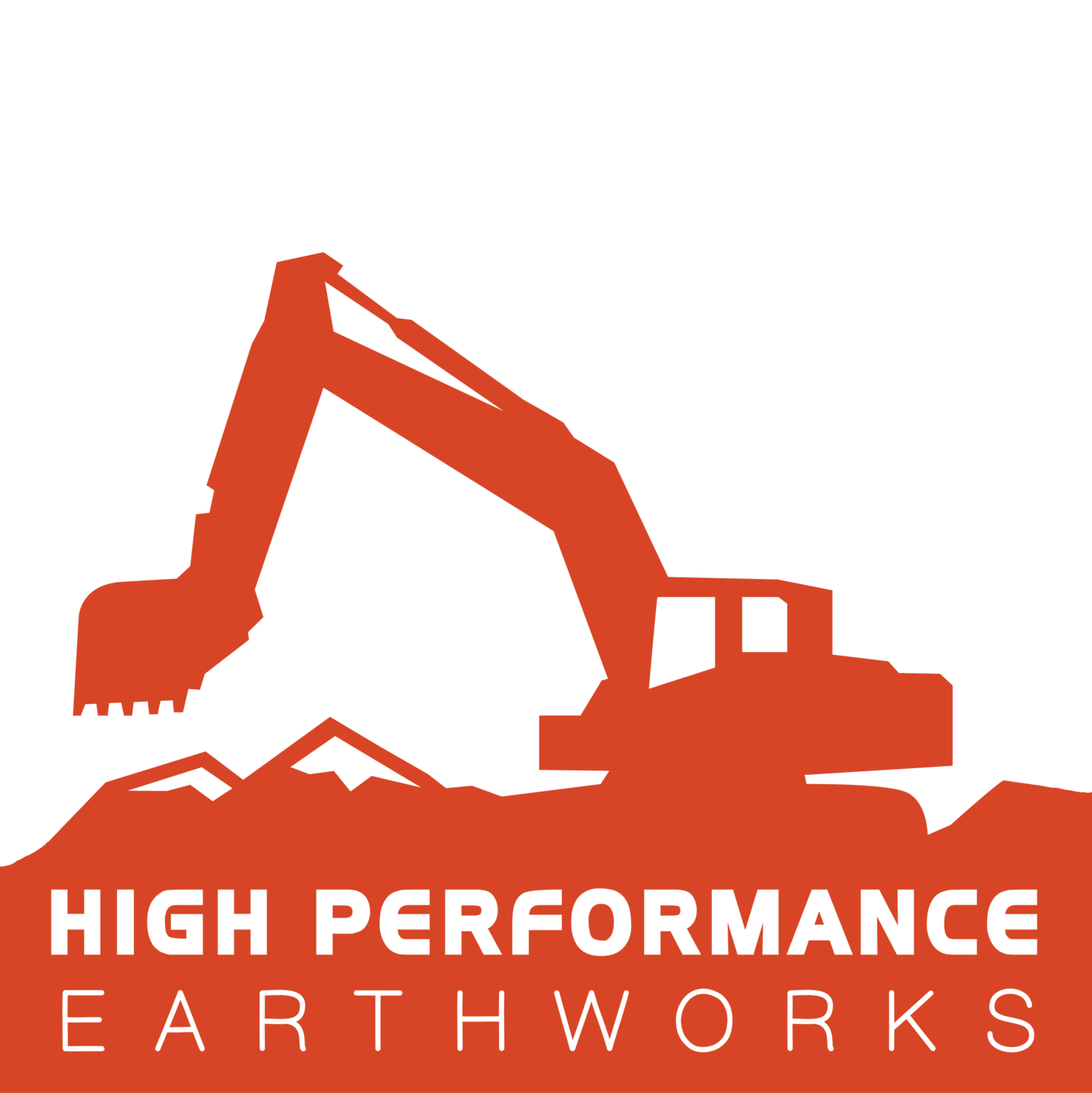Boulder County home-owners, builders, and excavation researchers:
Whether you are doing a trenching project yourself, or engaging the services of a Boulder County excavation contractor; there are several key steps and precautions you should take before tackling any sort of trenching project. Through ensuring that you have covered all of your bases beforehand, you can ensure a much more smooth and effective project when the time comes.
Before anything else make sure you call the local Boulder County government utilities office. They have an arm called the “utility location service” for excavation services, which is exactly what it sounds like. Before you begin any digging project, they will locate underground gas, electric, water, and communications pipes and cables in the area in order to ensure that your Boulder County excavation contractor begins their excavation safely. This is essential in order to protect yourself from legal or direct dangers that result from damaging a utility pipeline, electrical pipeline, or otherwise - Excavation in Boulder County must begin with securing your 'Utility Locates'.
Damaging a gas pipe during excavation can be a very dangerous affair, not to mention very
inconvenient. Furthermore, in the US, by law, you must call Digline before beginning any excavation or trenching project. This can be easily accessed through 811.
Next, your Boulder County excavation contractor must meticulously plan a route that is going to maximize efficiency and avoid any cables or pipes, as mentioned above. Take extreme caution and care with this phase in order to make sure that you are able to plan the proper route. Another thing to consider at this phase is using the planning to figure out exactly how much of each material you need in order to finish the excavation and trenching project.
In this way you can make sure you have adequate materials for the job, whilst avoiding paying too much for materials you won’t use during trenching and excavation. After careful planning,
make sure to attend to any obstacles above the surface.
Small plants, even grass and sod, can be removed and stored for replanting, thus avoiding the added cost of having to repurchase these things.
The next step is to carefully consider the depth of the excavation and trenching project. This is not merely a mater of guessing how much depth you will need for a pipe or cable - There are actual legalities involved in the predetermined depth of different kinds of trenching and excavation installation projects. These depth requirements are a significant factor in choosing the correct excavation services, and your Boulder County excavation contractor must subsequently select the correct excavation equipment and other materials for your trenching or excavation project.
There is also added complexity in determining sloping for trenching and excavation projects (i.e. The 'Slope' or 'Grade' of the incline angle of the surface of your property). For example: some plumbing systems are gravity operated and require a slope so the wastewater will flow unaided to the sewage gather point or the septic tank. For this example, consider that a proper level of decline is essential in determining your dig during gravity operated wastewater projects.
Next, you must determine the type of soil you will be digging in prior to beginning your trenching or excavation project with a Boulder County contractor. Soils composed of sand, gravel / stony soils, and wet material will make excavating or trenching any sort of deep ditch difficult and potentially dangerous. In these cases, you may have to plan additional measures to complete your Boulder County trenching or excavation project successfully.
A few examples of this are as follows:
Benching: This involves digging a trench in literal steps or “tiers”. This is useful because the banks of the trench are supported and don’t have to carry more weight than is necessary. This can avoid collapse or cave ins. These benches are usually at intervals of about 3 feet deep and twice as wide.
De-watering: This process removes the excess water from the soil through the use of a pump, or sometimes buckets and manual labor. After this you should wait for several hours to day for the soil to become more sturdy prior to trenching or excavating in Boulder County.
Shoring: As opposed to benching, this process utilizes actual support structures for the sides of your ditch so they do not cave in or collapse during trenching and excavation in Boulder, CO. For shallower depths of about 3 feet you can use plywood as a support structure. Anything deeper than that and you are looking at using steel support beams.
Proper observation of these protocols can save you a lot of danger in the long run. Plan your Boulder County trenching and excavation projects carefully and meticulously.

